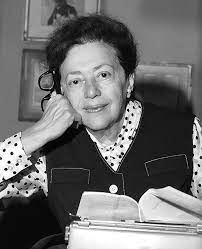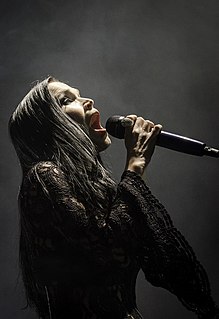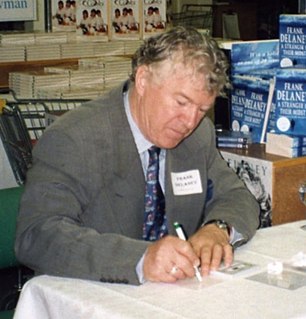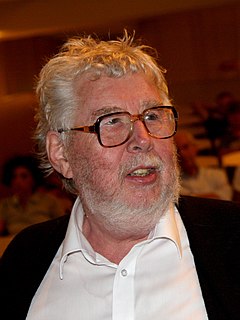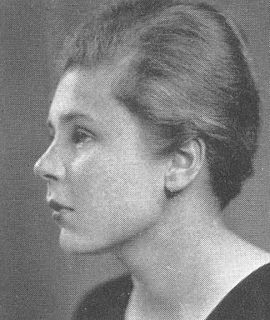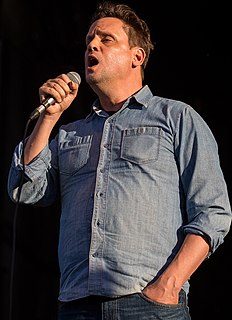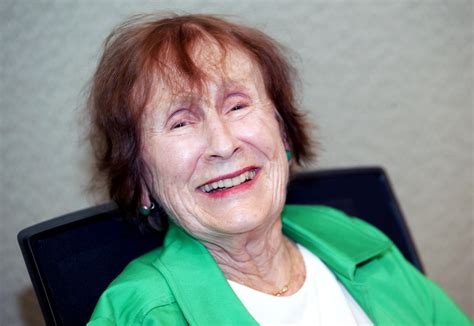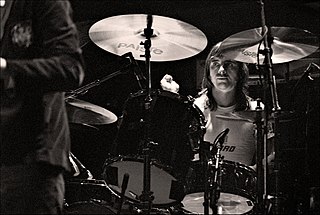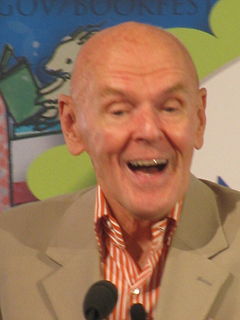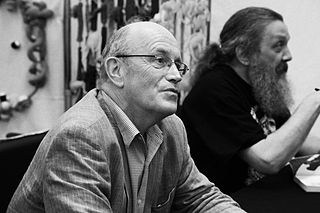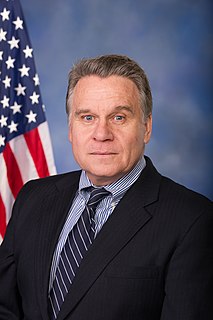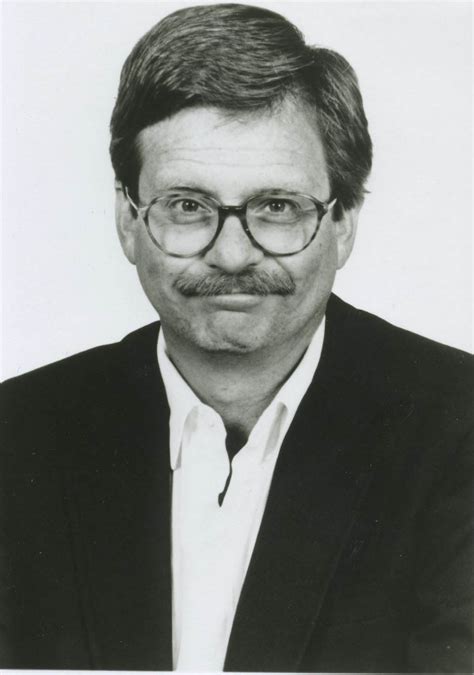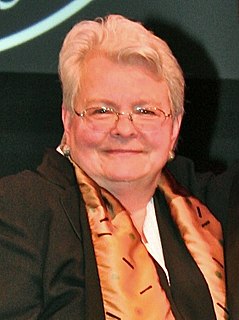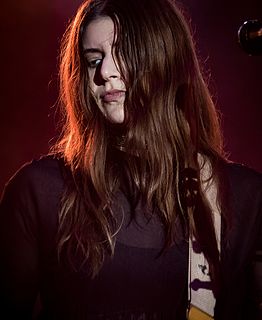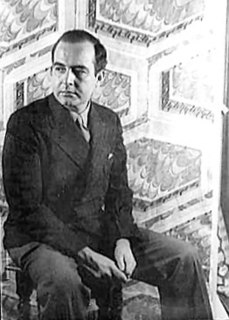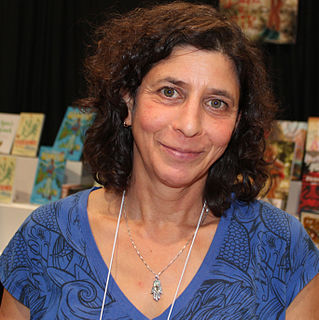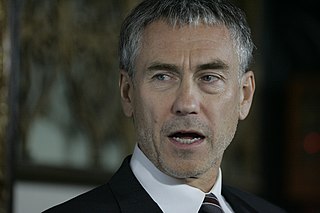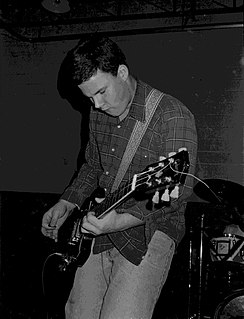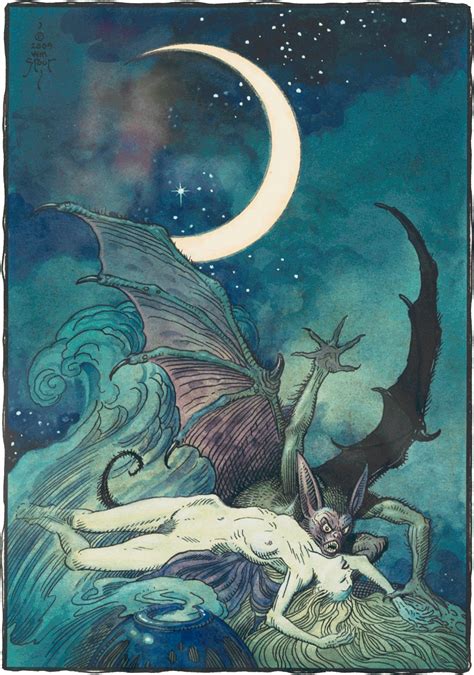Top 1200 Starting To Write Quotes & Sayings - Page 20
Explore popular Starting To Write quotes.
Last updated on November 20, 2024.
I have a really good idea of who my readers are and always write with a sensitivity to my audience. I use the F word when necessary, but there are words I won't use, mainly because I don't like them. I don't write about body parts when I write about sex. It's not about the physiological, it's more important for teens to read about the emotional aspects. I do think there are times when self-censorship is important.
We have to accept ourselves in order to write. Now none of us does that fully: few of us do it even halfway. Don’t wait for one hundred percent acceptance of yourself before you write, or even eight percent acceptance. Just write. The process of writing is an activity that teaches us about acceptance.
On the subject of the history of the American Revolution, you ask who shall write it? Who can write it? And who will ever be able to write it? Nobody, except merely its external facts... all its councils, designs and discussions having been conducted by Congress [behind] closed doors - and no members, as far as I know, having even made notes of them. These, which are the life and soul of history, must forever be unknown.
I was given the opportunity to write the kind of book that I wanted to write, rather than one that catalogues where I sang and what I sang and what I wore. I wanted to write a book about an American family, the family that has produced me. The longer I live, the more I realise the incredible support and love we were given as children.
The one concession I've made as I've gotten older is that my children are now adults and they're in their twenties and thirties and so I'm careful about how I write about them. I may write about them as a child, but I'm not going to write about their current struggles because they're adults and they can do it for themselves. I want to give them some space in a way I didn't when they were younger.
I don't go to an office, so I write at home. I like to write in the morning, if possible; that's when my mind is freshest. I might write for a couple of hours, and then I head out to have lunch and read the paper. Then I write for a little bit longer if I can, then probably go to the library or make some phone calls. Every day is a little bit different. I'm not highly routinized, so I spend a lot of time wandering around New York City with my laptop in my bag, wondering where I'm going to end up next. It's a fairly idyllic life for someone who likes writing.
My writing isn't actually guided by issues. I know it seems that way, but I don't sit down and think, Oh, there's this issue I'm bothered about. I only write about things that directly impact my life. When I write, there's a pain that I have to reach, and a release I have to work toward for myself. So it's really a question of the particular emotional circumstance that I want to express, a character that appears, a moment in time, and then I write the play backwards.
One of the things I always underscore when I teach criticism is that young critics, or would be critics, frequently have this illusion that if they write about music they're somehow part of music, or if they write about movies they're part of movies, or of they write about theater they're part of theater, or write about literature. Writing is a part of literature, we belong the species of literature. If you add all the music reviews together that have ever been written, they don't create two notes of music.
I'm finding things out about myself as a person - as a writer - as I write, and so are the people who listen to what I do. But they have this additional aspect of how they take the stuff that I do, and so it broadens the work and it creates this strange connection. It's really a way of strangers communicating through this third thing, which is a body of work. But really, I know it's a cliché to say I write for myself, but I write for myself.

